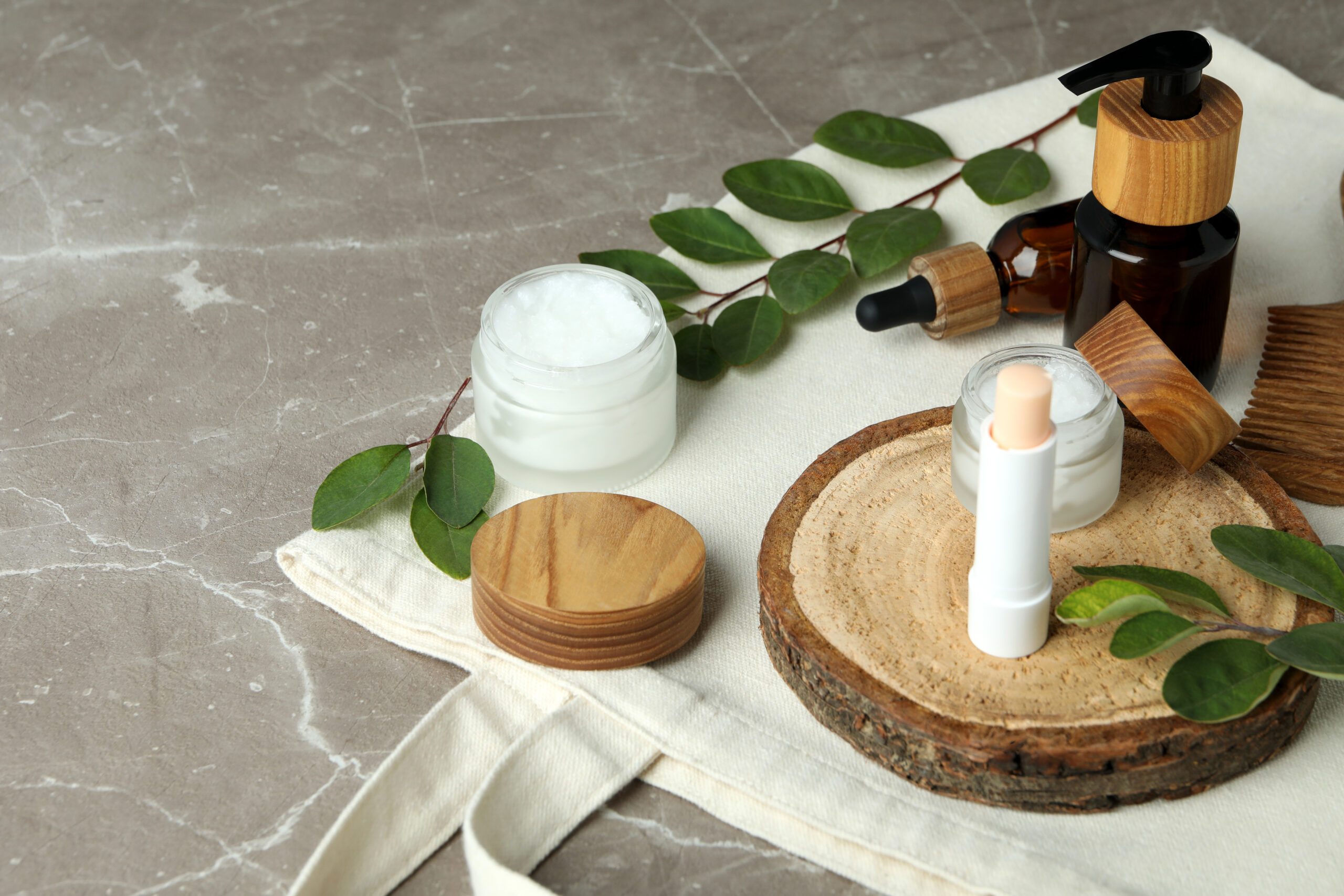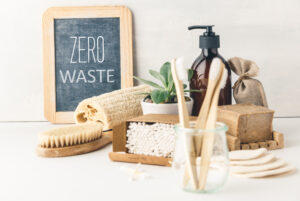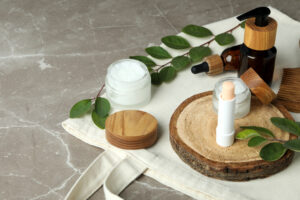The handmade cosmetics industry is emerging as a refreshing alternative to mass-produced beauty products, driven by growing consumer interest in sustainability, authenticity, and personal expression. Handmade cosmetics stand out because they are often crafted with natural ingredients and produced in smaller, artisanal batches, allowing for a unique product that reflects the personal touch and creativity of its maker. For many consumers, these products offer more than just beauty care; they represent a lifestyle choice aligned with values such as environmental responsibility and ethical sourcing.
Historically, handmade cosmetics have roots that stretch back to ancient civilizations, where natural ingredients were commonly used in skincare and beauty rituals. Ancient Egyptians, for instance, blended oils, herbs, and minerals to create cosmetics that not only enhanced appearance but also held religious and medicinal significance. This long-standing tradition of using nature’s gifts in beauty routines laid the foundation for today’s handmade cosmetics movement, which emphasizes clean ingredients and ethical production methods.
Today, the handmade cosmetics market has evolved into a dynamic sector, offering a wide variety of products such as skincare creams, artisanal soaps, lip balms, and shampoos. What sets this industry apart is the emphasis on transparency and the ability to cater to specific skincare needs. Artisans often create customizable products, allowing consumers to select ingredients based on their preferences or sensitivities. This bespoke approach is highly attractive to customers looking for personalized beauty care solutions, especially those with concerns about allergens or harsh chemicals often found in commercial products.
As consumers increasingly seek natural and organic beauty solutions, the handmade cosmetics sector continues to expand. Data suggests that consumer preferences are shifting toward eco-friendly, ethical, and natural beauty products, driving the success of small-batch producers and independent artisans. This shift is in response to growing concerns about the environmental impact of synthetic ingredients, unsustainable production practices, and harmful additives commonly found in mass-produced cosmetics.
In addition to providing natural and safer alternatives, the handmade cosmetics industry also taps into the demand for products that are environmentally sustainable. Many artisans focus on using biodegradable or recyclable packaging, further aligning with consumers’ desires to reduce their environmental footprint. By choosing handmade cosmetics, consumers support small businesses and contribute to a more sustainable beauty industry.
Entrepreneurs entering the handmade cosmetics sector have a unique opportunity to stand out in a competitive market by focusing on what makes their products different—whether that’s the use of locally sourced ingredients, eco-friendly production processes, or distinctive packaging. In this highly personal industry, a brand’s story can be just as important as the product itself. Sharing the journey behind the creation of a product, the artisans’ values, and the benefits of natural ingredients fosters a deeper connection between brands and their customers.
While the industry is poised for growth, there are challenges, particularly around regulatory compliance and scaling production. Handmade cosmetics businesses must navigate a complex landscape of regulations, especially around ingredient safety and labeling standards. However, these challenges are not insurmountable, and for those committed to quality and sustainability, the rewards are significant. With the increasing demand for ethical, personalized, and environmentally responsible products, the handmade cosmetics industry offers a wealth of opportunities for creative and conscientious entrepreneurs.






